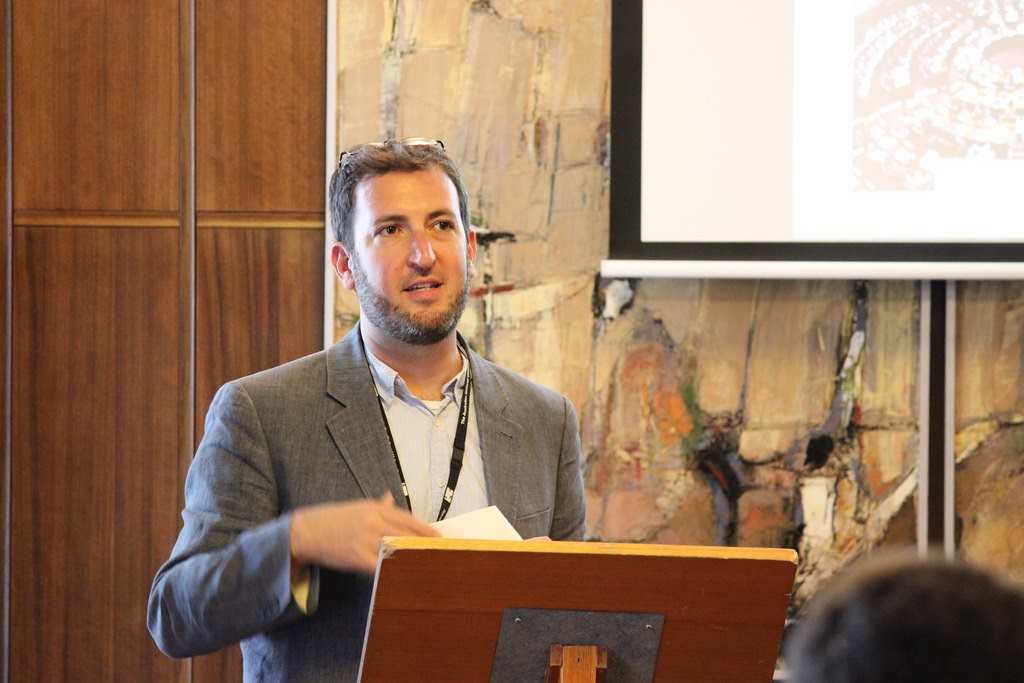
Principal speaker
Associate Professor Ron Levy
Abstract
Referendums are now common in "conflict societies' - societies where widespread armed engagement recently occurred, is occurring or is liable to occur. If well designed, a referendum might improve the prospects of achieving a conflict settlement. The referendum's relative democratic legitimacy may also help to ensure against subsequent breach, once a settlement is reached. However, in practice the utility of referendums for conflict settlement has been inconsistent. Some past referendums faltered (eg a "no' vote delayed settlement) as a result of neglect of careful institutional design. In particular, a number of past referendums proceeded as simple majoritarian exercises with little in the way of support for voters' deliberation about issues at stake. By contrast, a handful of authors have described "Deliberative Referendums' purpose-designed to generate more rational and informed referendum campaigns. Nearly all past work on Deliberative Referendums has focused on peaceful societies. Building on this past work, I describe the "Shotgun Referendum': a Deliberative Referendum held under conditions of ongoing or apprehended violence. I explain why such a referendum might incrementally improve the prospects for conflict settlement. I propose the use of specific deliberative design features - some novel, others well known - and place these within a distinctive frame drawing on constitutional and deliberative theory.
About the speaker
Associate Professor Ron Levy researches and writes on public law and political theory, especially constitutional law, the law of politics, and deliberative democracy. He is the winner of several research awards including grants from the Canadian Social Sciences and Humanities Research Council and the Australian Research Council. Ron was recently a chief investigator on two ARC Discovery Projects: 'The Law of Deliberative Democracy: Theory and Reform' (DP130100706, 2013-2015) bridging research on election law with deliberative democratic theory; and 'Confronting the Devolution Paradox' (DP140102682, 2014-2016) on federalism and political culture.
Ron co-wrote The Law of Deliberative Democracy (Routledge, 2016, with Graeme Orr) and was guest co-editor-in-chief of the Election Law Journal for its 2013 symposium issue on the same topic. He is also the lead editor of The Cambridge Handbook of Deliberative Constitutionalism (CUP, 2018; with Hoi Kong, Graeme Orr and Jeff King). Ron's other projects include studies of constitutional reform, including prospects for reform via deliberative democracy in conflict societies. He has published works on law and political theory, in five countries, in books and journals including Public Law, McGill Law Journal, UBC Law Review, UNSW Law Journal, Melbourne University Law Review, Griffith Law Review, Public Law Review, Election Law Journal and The Oxford Handbook of Deliberative Democracy.
Ron is the General Editor of the Federal Law Review and also co-directs the Project on Deliberative Governance and Law, hosted jointly at ANU and the University of British Columbia. The project is an international network of scholars advancing research on institutional innovations based on studies of law, governance and deliberative democracy; and a platform for innovative ideas to influence domestic and international approaches to governance.
About the seminar
Ron will present his Law Futures Seminar at the Griffith Law School (N61) Nathan campus with a videolink to the Griffith Law School (G36) Gold Coast campus. When registering for this seminar, please indicate in your email which campus you will attend.
Event categories
RSVP
RSVP on or before Thursday 15 November 2018 , by email lawfutures@griffith.edu.au